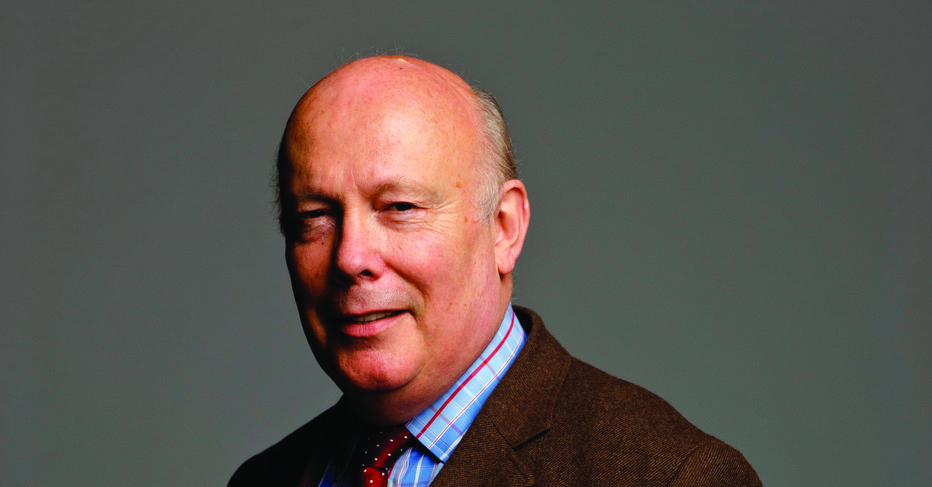Diane Haithman is an AwardsLine contributor. This story appeared in the June 5 issue of AwardsLine.
On giving advice
In a way, I always think advice is rather impertinent really, because I’m not aware of knowing anything that anyone else doesn’t. I suppose the only thing I would say to young writers is if you want to do these courses and read these books, just remember that the element that gets you started is the one thing that everyone else has not got. In a way, they are teaching you to do it like everyone else did. I didn’t do any of that.
On receiving advice
The best advice I had as an actor was from (Anthony) Hopkins. He said to me, “You are thinking like a stage actor. You are coming to a day’s work imagining there is going to be rehearsal. Working on camera, you must conduct your own rehearsal process before you get anywhere near making the show. You need to have made all the thinking processes by the time you arrive to shoot it. If you turn up as if it was the first day of rehearsal, with only loose ideas of what you are going to do, you’ll throw the part away.”
On learning from mistakes
When I was working on a script quite early on, I wasn’t officially the writer, and I wasn’t really being paid. The only way I could get any kind of salary—which was, believe me, at that time a necessary element—was if I wrote a part for myself. But I was also coproducing and responsible for the script and so on. I couldn’t get both hats on my head at the same time. And I’ve always been grateful for that, (particularly) when people would say, “Why didn’t you write yourself into Gosford Park? Why didn’t you write yourself into Downton Abbey?” I’ve never been tempted to do it because I did it, and it didn’t work for me.
On the big break
My first big break was to get a play on the West End when I was in rep and I was almost definitively unfashionable. I just happened to show up for an audition for a part and they couldn’t cast it. It was the part of an American diplomat. I could do an American accent—at least I could then—and I went into a play with Hayley Mills called A Touch of Spring. Then I went to audition with Danny Boyle for (the 1991 TV show) For the Greater Good. I’d had a really bad year, very slim pickings. I read the script, and I thought they had made a mistake. (I thought), they can’t mean this part for me, because it was one of the leads. I suddenly realized: The person who is keeping you out of leading parts is you. When you have a bad stretch, you start to think of yourself as a bit player because that’s all you’re getting. You have to believe in yourself as a leading player always. And then I guess my big break came in writing when I was asked to write Gosford Park. My very first film ended up winning an Oscar.
On the keys to success
I don’t think you make your own luck. Successful people recognize their luck, which sometimes comes in disguise. Anyone who is perceived as very successful who says luck played no part in it is lying. How lucky was I with Gosford Park? All the writers they admired, none of them would do it. They all turned it down—otherwise you’d be talking to Tom Stoppard right now.

